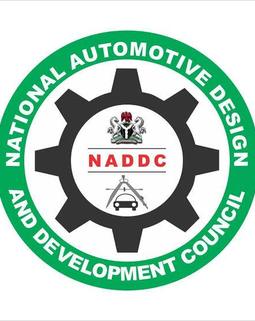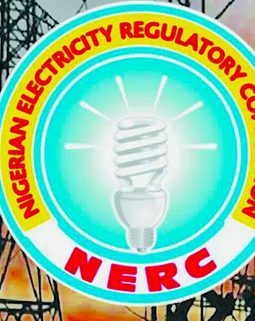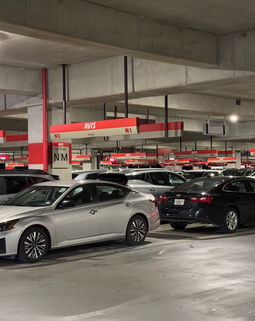The automotive industry in Nigeria has seen significant growth over the years, with an increasing demand for vehicles and automotive products.
As one of the leading economies in West Africa, Nigeria has a promising market for automobile manufacturers and suppliers. This article will explore the latest updates and developments in the Nigerian automotive sector.
Nigerian Government's Automotive Policy
In 2013, the Nigerian government introduced the National Automotive Industry Development Plan (NAIDP), a policy aimed at promoting the local production of vehicles and discouraging importation.
The policy seeks to attract foreign investment and increase local manufacturing of vehicles by providing incentives such as tax breaks, import duty waivers, and investment guarantees. The government's policy has spurred growth in the automotive sector, increasing local production of cars, buses, and trucks.
Automotive Industry Challenges
Despite the government's efforts to promote local production, the Nigerian automotive sector faces several challenges. These include inadequate infrastructure, high production costs, and limited access to financing. Additionally, the industry has been impacted by the COVID-19 pandemic, which has disrupted global supply chains and affected demand for vehicles.
Foreign Investment In The Nigerian Automotive Market
In recent years, foreign companies have shown increased interest in the Nigerian automotive market. Major automakers such as Toyota, Ford, and Hyundai have set up assembly plants in the country, while others are exploring investment opportunities.
In addition, Chinese automakers such as Changan and Foton have also entered the Nigerian market. These investments are expected to boost local manufacturing and create employment opportunities.
Automotive Industry Regulations
The Nigerian government has introduced several regulations to improve the quality and safety of vehicles in the country. These regulations include the Standards Organisation of Nigeria Conformity Assessment Programme (SONCAP) and the Mandatory Vehicle Identification System (MVIS). SONCAP is a product certification program that ensures that all imported and locally manufactured products meet safety and quality standards. At the same time, MVIS is a system that registers and identifies all vehicles in the country.
Future Of The Nigerian Automotive Industry
The future of the Nigerian automotive industry looks promising, with the government's continued support for local manufacturing and increased foreign investment. The country has a large population with a growing middle class, which presents a significant market for automakers.
Additionally, the government's plan to phase out the use of petrol-powered vehicles by 2035 is expected to boost the adoption of electric vehicles in the country.
Conclusion
In conclusion, the Nigerian automotive sector is experiencing growth and attracting foreign investment due to the government's policies and initiatives. However, the industry still faces several challenges that need to be addressed, including improving infrastructure and access to financing.
Nevertheless, with continued government support and investment, the Nigerian automotive market is poised for significant growth in the coming years.





